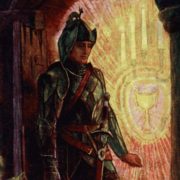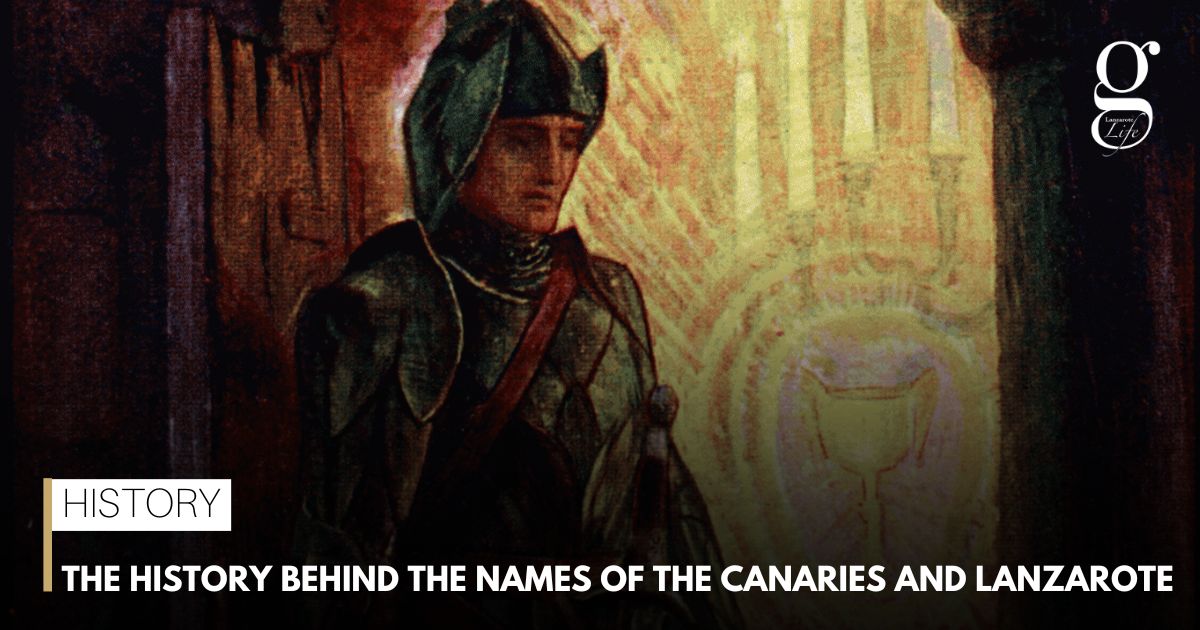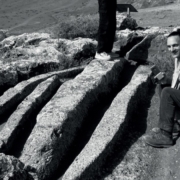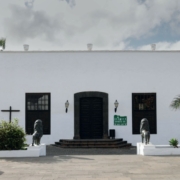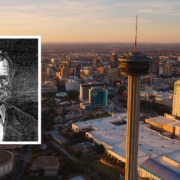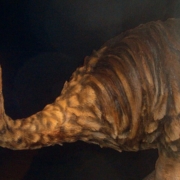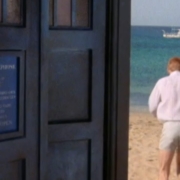What is the history behind the names of the Canaries and Lanzarote? The answers, including a possible Welsh origin for the name of this island, may surprise you.
CANARY ISLANDS
Most theories about the origin of the name of the Canaries refer to dogs, not the little yellow birds that are named after the islands. Pliny the Elder was the first to mention the connection, writing of the expedition of Juba in 40 BC to the island of Gran Canaria, on which several large dogs were reported to be roaming free. Afterwards, the islands were often referred to as the Insulae Canaria (Islands of Dogs).
Other theories suggest that the dogs were actually sea-lions, or that the original inhabitants of the islands came from a tribe in North Africa called the Canarii. However, the tribe’s name also seems to derive from a Latin reference to dogs.
LANZAROTE
The origins of the name Lanzarote are fairly clear. In 1312, the Italian explorer Lancelotto Malocello set out on an expedition, possibly to search for the Vivaldi brothers, who had disappeared on a voyage to the Canaries 20 years earlier.
After landing on Lanzarote, Malocello stayed on the island for 20 years, building an early fort on the hilltop at Teguise where the Castillo de Santa Barbara now stands. It is claimed that he finally left after a revolt by native islanders.
In 1339, the Dulcert map of the known world was the first to feature the island, which was listed as “Ínsula de Lançarote Mallucellus”. This was the first mention of Lanzarote or the Canaries from any source for over a thousand years.
Lancelotto himself was probably named after Sir Lancelot, the great hero of the Arthurian romances which were hugely popular in medieval Europe. The name Lancelot could have French, German or even Welsh/Irish origins.
Tyterogaka or Tytheroygaka was the name that Lanzarote’s natives knew their island by, according to Le Canarien, the 15th century chronicle of the conquest of the island. Comparison with dialects on mainland Africa suggests that the word means “burnt” or “yellow or ochre coloured”.
For regular updates, pictures and videos of Lanzarote be sure to like and follow our Facebook page “Gazette Life Lanzarote”.

